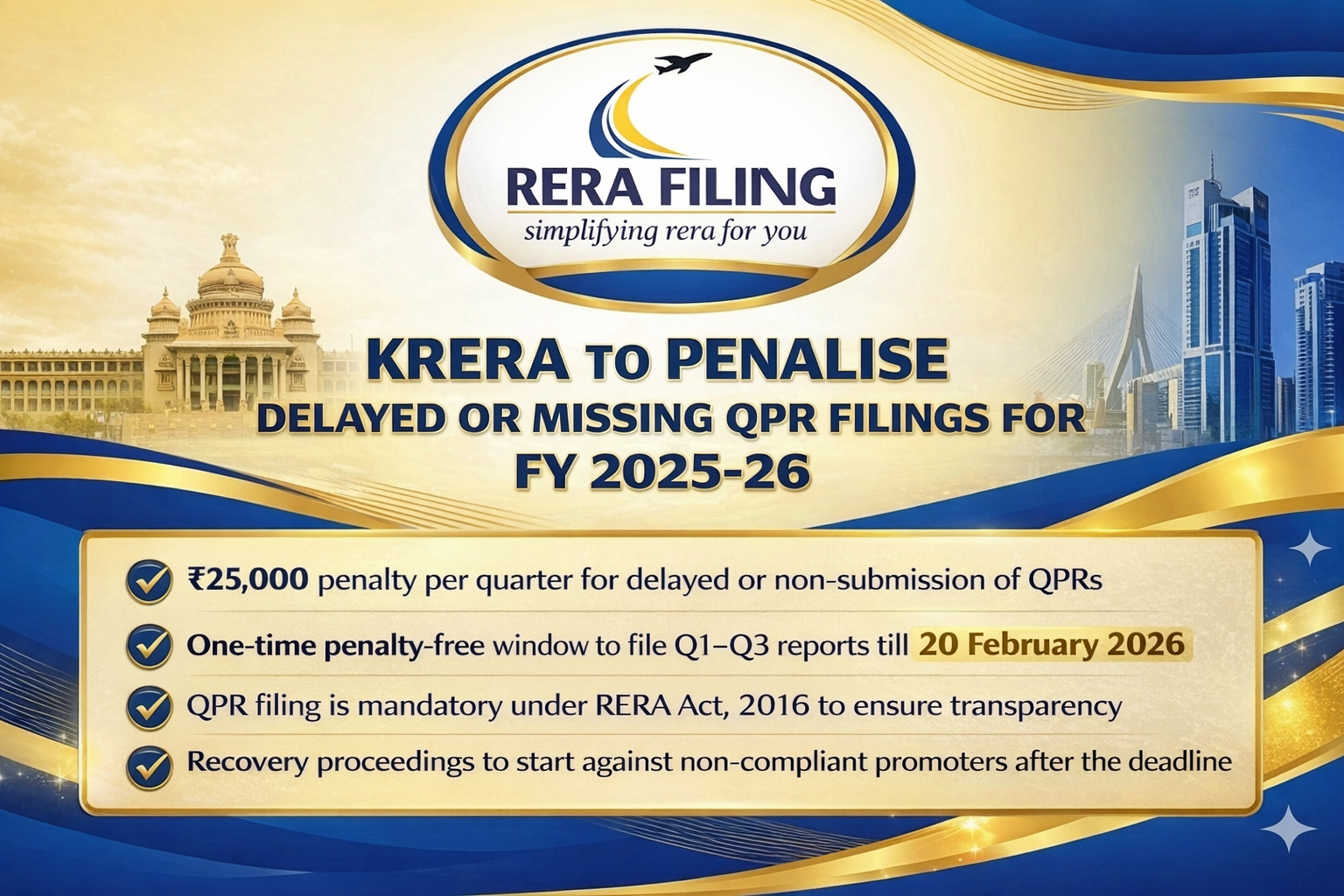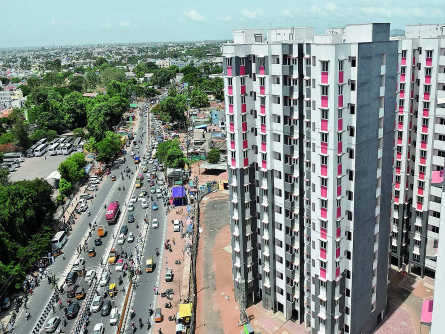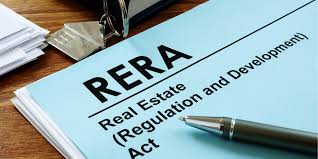
- General
- Wednesday 14th May 2025
- Author: Riya Kapoor
Highlights
-
RERA (Real Estate Regulatory Authority) is a law introduced in 2016 to protect homebuyers and regulate developers.
-
Applies to all residential and commercial projects above a certain size threshold
Buying your first home is a major life milestone — but it also comes with many questions and risks. From hidden charges to delayed possession and unclear builder promises, the real estate journey can be stressful. To protect homebuyers , the Indian government introduced the Real Estate (Regulation and Development) Act, 2016, commonly known as RERA.
This law brought a significant shift in how real estate transactions happen in India. If you’re a first-time buyer, understanding your rights under RERA can save you time, money, and anxiety. Let’s answer the most frequently asked questions in simple terms.
What is RERA?
RERA stands for the Real Estate Regulatory Authority, created under a 2016 Act to regulate property dealings in India. It applies to both residential and commercial real estate projects. Its primary goal is to ensure transparency and protect buyers from fraudulent practices.
Why Should First-Time Buyers Care About RERA?
Before RERA, homebuyers had limited protection if a developer delayed the project, altered building plans, or delivered poor construction. With RERA in place:
-
Builders must register their projects and provide complete project details.
-
Buyers can view these details online before making a decision.
-
Builders face strict penalties for delays or false promises.
-
Buyers have access to legal recourse and compensation.
What Are the Key Features of a RERA-Registered Project?
When a project is RERA-registered, it means:
- It has received approval from local authorities.
- The builder has declared the completion timeline.
- Financial transparency is maintained — 70% of funds collected from buyers must be kept in an escrow account for that specific project.
- Regular construction updates are posted on the state RERA portal.
What is “Carpet Area” and Why is It Important?
Under RERA, properties must be sold based on carpet area, not super built-up or loading area. Carpet area is the actual usable space within the apartment, excluding walls and shared areas like corridors and staircases.
This rule helps prevent misleading price-per-square-foot calculations.
What if the Builder Delays the Project?
If the builder fails to deliver the property within the promised time frame, you have two choices:
-
Withdraw and get a full refund with interest.
-
Stay with the project and receive monthly compensation until possession is granted.
RERA ensures that delay penalties are clearly defined in the builder-buyer agreement.
What is the Defect Liability Period?
After you take possession of your home, RERA gives you a five-year warranty on construction quality and services. This is known as the Defect Liability Period. If any issues such as leakage, cracks, or electrical problems arise within five years, the builder must fix them free of cost within 30 days of complaint.
How Much Advance Can a Builder Demand?
As per RERA, a builder cannot ask for more than 10% of the total property cost as advance payment before the Agreement for Sale is signed. This helps prevent financial exploitation and binds the developer legally to the promises made.
How Can I Check if a Project is RERA-Registered?
Each state has its own RERA portal. Simply visit the website, look for the “Registered Projects” section, and enter the builder's name or project title. You can view approvals, layout plans, possession dates, and more.
Example: Maharashtra's RERA portal — https://maharera.mahaonline.gov.in
What If the Builder Breaks the Rules?
You have the legal right to:
- File a complaint online with your State RERA Authority
- Seek compensation or refund
- Appeal to the Real Estate Appellate Tribunal if needed
RERA ensures that grievances are resolved quickly, typically within 60 days of filing.
What Should I Do Before Booking a Home?
Here’s a simple checklist:
- Verify project registration on the state RERA portal.
- Read the Agreement for Sale carefully before signing.
- Don’t pay more than 10% upfront.
- Check for promised amenities and their status on the portal.
- Keep all payment receipts and written communication with the builder.
Does RERA Apply to NRIs and Foreign Buyers?
Yes, RERA offers equal rights and protections to Non-Resident Indians (NRIs). They can file complaints online and are eligible for the same compensation and legal support.
Final Thoughts
For first-time buyers, RERA is not just a legal framework — it's a safety net. It ensures your investment is protected, your voice is heard, and your home is delivered as promised. Before booking a flat, always do your due diligence using the RERA portal and understand your rights under the Act.
Your dream home deserves a strong legal foundation — and RERA gives you exactly that.
Each state has its own RERA authority and portal where developers must register their projects and share relevant updates.
Copyright © 2026 RERA Filing. All rights reserved.

 Rera Act
Rera Act
 Maharashtra
Maharashtra
 Karnataka
Karnataka
 Telangana
Telangana
 Andhra Pradesh
Andhra Pradesh
 Delhi
Delhi
 Uttar Pradesh
Uttar Pradesh
 Haryana
Haryana
 Gujarat
Gujarat
 Bihar
Bihar









